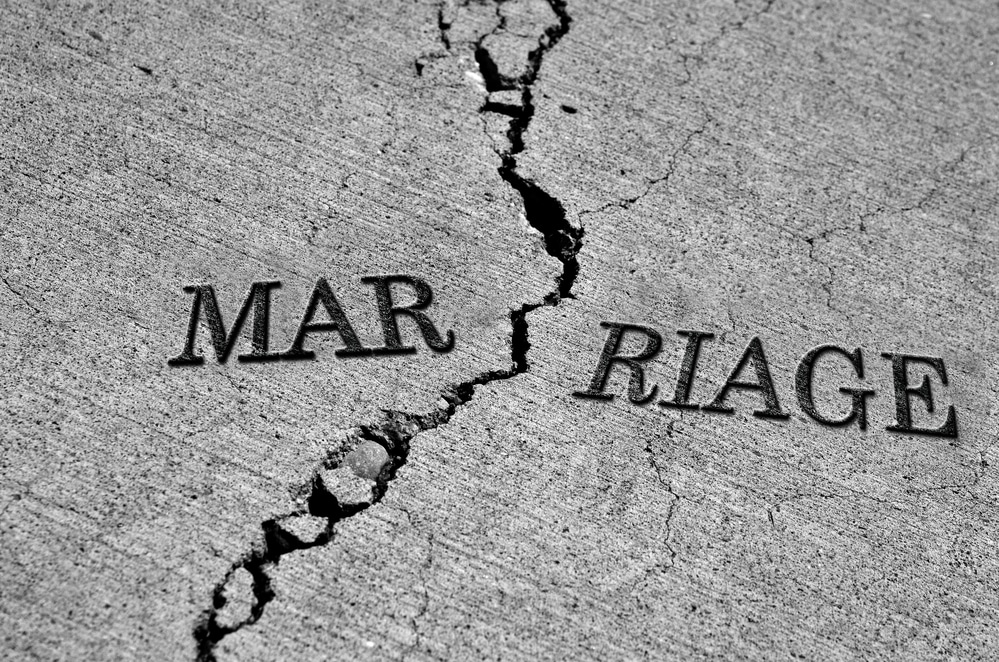
18 Sep The One Thing About Divorce That No One Tells You
Divorce is undoubtedly a challenging complicated process – emotionally and financially. There is a lot of potential stress that comes along with filing the divorce petition, from court dates to paperwork to child visitation agreements to attorney fees.
The one thing about the divorce process that no one seems to talk about is how important it is to have someone that you trust to help you get through the process.
However, it can be an understandably difficult to find someone to trust during a divorce. No matter if your marriage ended amicably or not, you are probably trying to adjust to life without a spouse and have little faith in relationships or in the institution of marriage. If your relationship ended due to issues such as infidelity or abuse, you must find it especially difficult to trust anyone too deeply.
With all of these factors to consider, it is completely normal to be cautious about trusting people – however, that does not mean that it is impossible to find someone worthy of your trust. With a little patience, as well as the know-how to keep yourself mentally and emotionally safe, you can find a lawyer, a mediator, a counselor, a family member, or a friend to help you through the process of divorce, and to be there for you during its most difficult moments.
1. A Family Law Attorney
Your lawyer is, of course, the person who will guide you through the divorce process, take care of the legal aspects, and meet with your spouse’s attorney to iron out the details. He or she will argue your case in front of a judge if need be, advocating for your rights in regards to child custody, visitation rights, alimony, and child support payments. Your lawyer is the legal and technical expert who will gather evidence in your favor and support you every step of the way.
However, in order to allow your lawyer to do the best job possible, you’ll need to provide one thing: trust. You need to tell your attorney everything relevant to your divorce, because this will help him or her support your case in court and also be prepared to defend you if any accusations come up from the other side.
You can find a powerful ally in your attorney and can talk about aspects of divorce other than the strictly legal.You can talk about anything with your attorney because his or her primary goal is helping you get through the divorce – and if that means offering emotional support, your attorney can do it. The most important thing to remember is is that your lawyer is always in your corner – their sole mission is to stand up for you, give you advice, and hold you up when you need it.
To find an attorney worth trusting, however, it may take time and patience. Schedule a consultation with your attorney before hiring him or her, and actually have a conversation – you will quickly be able to determine whether this person is genuinely interested in helping you. Ultimately, if the two of you “click” and come to a mutual understanding, you will know that you have found someone that you can trust.
2. A Family Member
Never discount the value of your family members. They may be able to help you see the bigger picture a bit more clearly then you are able to while you are going through the process.
3. A Counselor
Your divorce may have come about as a result of a stressful situation such as infidelity (on the part of yourself or your spouse), abuse (emotional or physical), or financial problems. It also may have been a mutually agreed-upon split, but you are left feeling emotionally challenged, trying to adjust to life as a newly-single person.
Wherever you fall on this range, you may want to speak to a counselor, therapist, or other licensed professional who can help you understand the situation you are going through as well as develop strategies for dealing with it. You can always trust your counselor, because he or she is there to help you – be as honest as you want to be or feel comfortable being, but the more that a counselor knows, the better he or she can help you.

